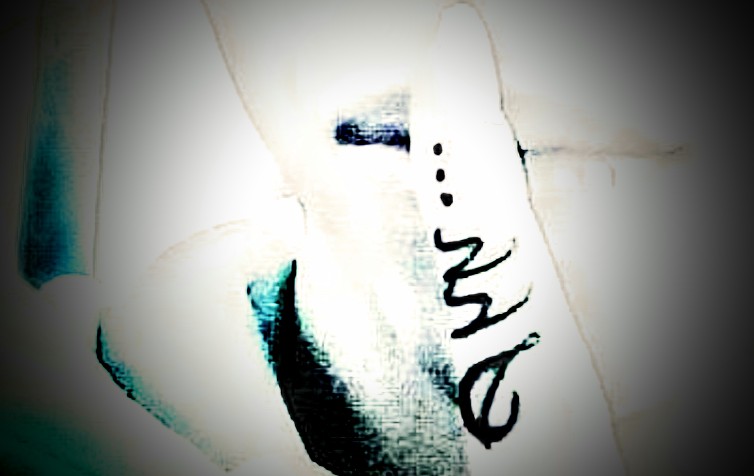
This blog was written by Lorna Robinson, a young person with first-hand experience in the youth justice system. Lorna is calling for the voices of children and young people in detention to be amplified and listened to, and that their rights are upheld to prevent further trauma and marginalisation for this already vulnerable group. Our heartfelt thanks to Lorna for sharing her voice with us.
It has been nine years since I last walked out of the Adelaide Youth Training Centre. As someone who experienced the criminal legal system as a young person, I know how damaging it can be. Nearly a decade on and it’s hard for me to see that similar issues are still impacting young people. It’s even more concerning that society seems to turn a blind eye to the abuse and suffering that continues to occur within the centre. Do people truly understand the magnitude of the hardships these young people face? And more importantly, do they care?
Within spaces like these, human rights violations are prevalent, including neglect, mistreatment, abuse, and the silencing of young people’s voices. As I’ve experienced first-hand, the impact extends far beyond the walls of these institutions and becomes even more apparent over time – it casts a long shadow. Personally, my involvement in the system has had lasting effects, including, posing challenges to my employment prospects, impacting my health, and limiting my freedom of movement. The 2021-22 Training Centre Visitor annual report shed light on the harsh realities faced by young people within the centre, highlighting the detrimental impact of conditions at the centre on the wellbeing of children and young people within it.
To safeguard the fundamental human rights of children and young people within the centre, it is essential to establish transparency and accountability mechanisms throughout the system. A blog post by the Office of the Guardian for Children and Young People highlighted the significance of implementing the OPCAT (the Optional Protocol to the Convention against Torture, and Other Cruel, Inhuman or Degrading Treatment or Punishment) by establishing a NPM (national preventative mechanism). OPCAT represents a commitment to upholding preventive human rights obligations for people in various forms of detention, including youth and adult prisons, police and court cells, immigration detention, and health care facilities. It acknowledges the responsibility to protect the rights and wellbeing of individuals deprived of their liberty and strives to ensure that internationally recognised standards are adhered to.
As a state party to OPCAT, Australia agrees to international inspections of places of detention by the United Nations Subcommittee on the Prevention of Torture. In February this year the subcommittee took the significant decision of terminating its visit to Australia after being refused entry to some places of detention, effectively preventing it from carrying out its mandate. This raises serious questions about Australia’s commitment to fulfilling its obligation to protect the rights of people in detention and addressing the violations of human rights within these facilities.
In environments where young people’s rights are inherently violated, it becomes crucial to amplify and act upon their voices to safeguard their rights. But in reality, too often young people’s voices are silenced. The very nature of these facilities prioritise control and discipline over listening to young people’s opinions and perspectives, with institutional culture and policies impeding the opportunities for young people to voice their thoughts and opinions. Young people’s complaints or reports of mistreatment or abuse are often not taken seriously or adequately investigated, staff members may dismiss or downplay young people’s concerns – reinforcing a culture of silence and power imbalances. Additionally, the constant surveillance and monitoring creates an atmosphere of intimidation, which discourages open expression and fear of punishment for speaking up.
It is imperative that we break free from this cycle and actively listen to the voices of children and young people. Their needs and concerns must be translated into tangible and meaningful action. We must advocate for a profound shift in focus – one that prioritises the safety and wellbeing of children and young people over outdated responses that not only fail to meet the needs of children and young people, but also exacerbates trauma, marginalisation and exclusion.
If these young people were being treated this way in our communities, would we stand idly by? We cannot continue to let these violations of young people’s basic human rights go unchecked.
